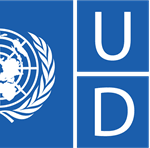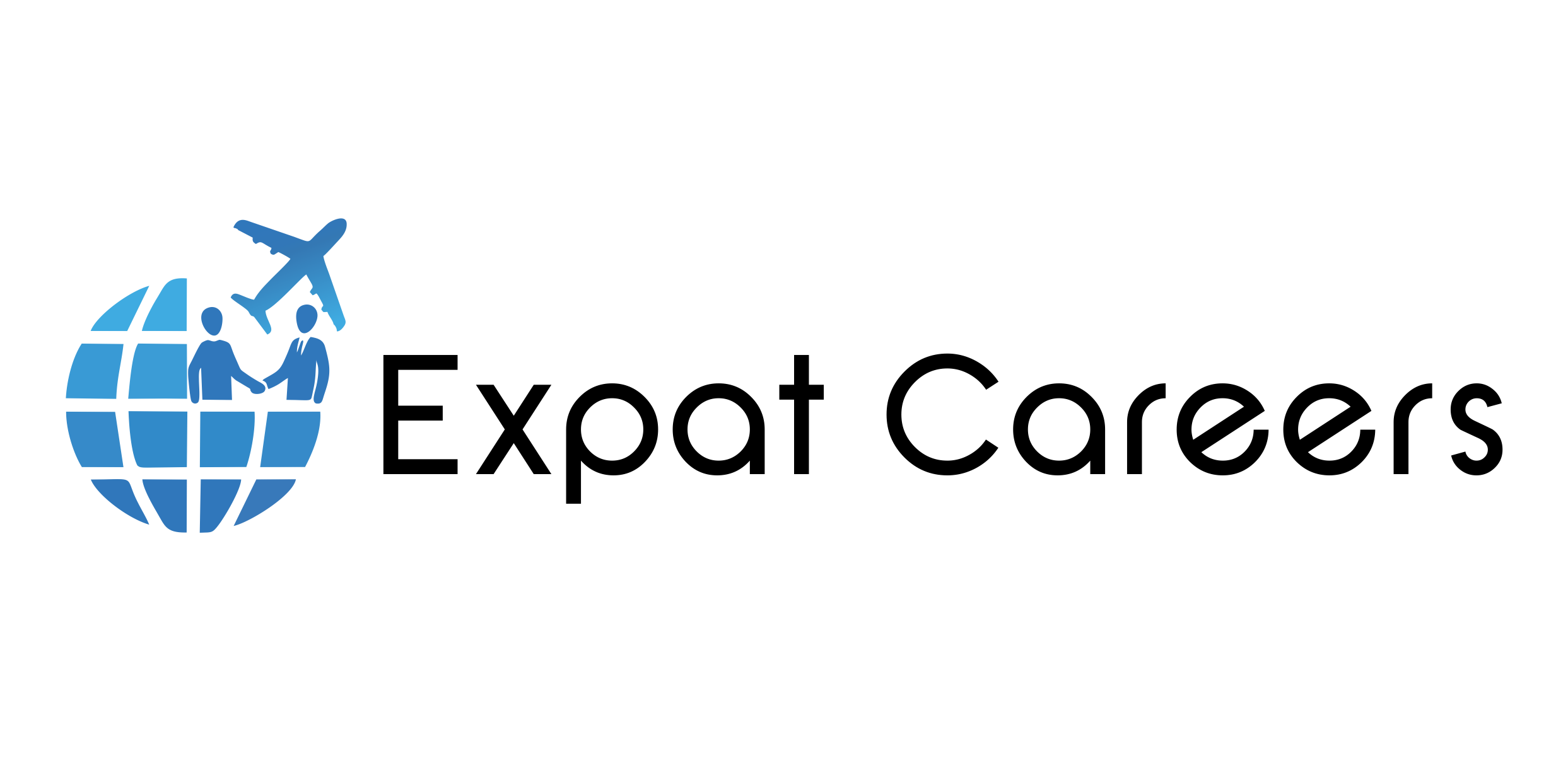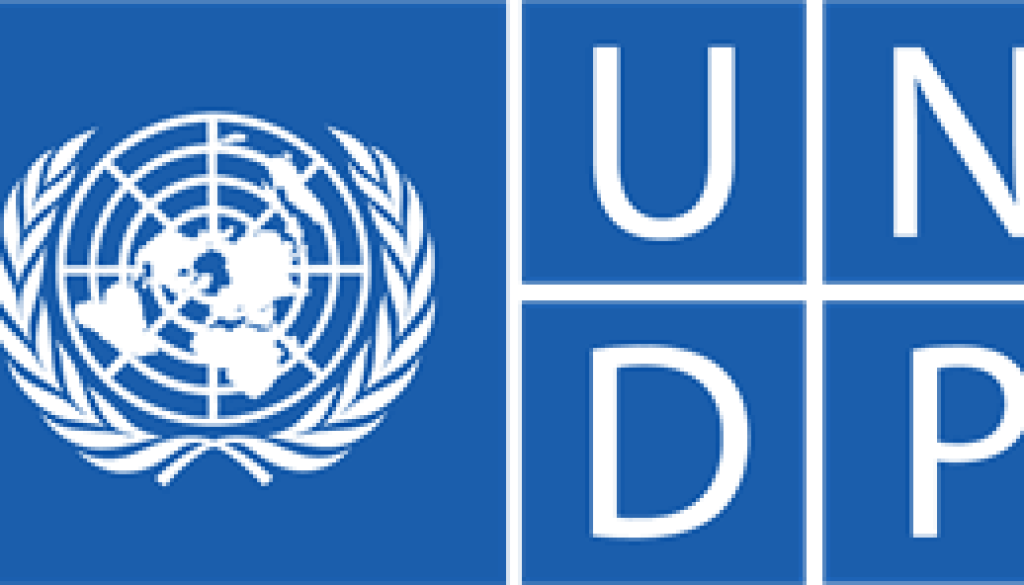Policy Advisor-Determinants of Health & UHC Vacancy-Job Ref: ECUSUNDP/0825/202322

UNDP
Policy Advisor-Determinants of Health & UHC Vacancy-Job Ref: ECUSUNDP/0825/202322
New York (United States)
JOB DESCRIPTION
Background
Diversity, Equity and Inclusion are core principles at UNDP: we value diversity as an expression of the multiplicity of nations and cultures where we operate, we foster inclusion as a way of ensuring all personnel are empowered to contribute to our mission, and we ensure equity and fairness in all our actions. Taking a ‘leave no one behind’ approach to our diversity efforts means increasing representation of underserved populations. People who identify as belonging to marginalized or excluded populations are strongly encouraged to apply. Learn more about working at UNDP including our values and inspiring stories.
UNDP does not tolerate sexual exploitation and abuse, any kind of harassment, including sexual harassment, and discrimination. All selected candidates will, therefore, undergo rigorous reference and background checks.
United Nations Development Programme (UNDP) is the knowledge frontier organization for sustainable development in the UN Development System and serves as the integrator for collective action to realize the Sustainable Development Goals (SDGs). UNDP’s policy work carried out at HQ, Regional Hubs and Country Office levels, forms a contiguous spectrum of deep local knowledge to cutting-edge global perspectives and advocacy. In this context, UNDP invests in the Global Policy Network (GPN), a network of field-based and global technical expertise across a wide range of knowledge domains and in support of the signature solutions and organizational capabilities envisioned in the Strategic Plan.
Within the GPN, the Bureau for Policy and Programme Support (BPPS) has the responsibility for developing all relevant policy and guidance to support the results of UNDP’s Strategic Plan. BPPS’s staff provides technical advice to Country Offices, advocates for UNDP corporate messages, represents UNDP at multi-stakeholder fora including public-private dialogues, government and civil society dialogues, and engages in UN inter-agency coordination in specific thematic areas. BPPS works closely with UNDP’s Crisis Bureau (CB) to support emergency and crisis response. BPPS ensures that issues of risk are fully integrated into UNDP’s development programmes. BPPS assists UNDP and partners to achieve higher quality development results through an integrated approach that links results-based management and performance monitoring with more effective and new ways of working. BPPS supports UNDP and partners to be more innovative, knowledge and data driven including in its programme support efforts.
UNDP is a founding cosponsor of the Joint UN Programme on HIV/AIDS (UNAIDS), a partner of the Global Fund to Fight AIDS, TB and Malaria, a signatory of the WHO led SDG3 Global Action Plan for Healthy Lives and Well-Being for All, and a co-sponsor of several other international health partnerships.
UNDP’s focus/mandate is addressing the development dimensions of health, focusing on systems, inequalities, governance and resilience. UNDP’s work on HIV, health and development leverages UNDP’s core strengths and mandates in sustainable development, governance, poverty reduction and climate. UNDP delivers support to countries in three areas of HIV and health: reducing the inequalities that drive disease, promoting effective and inclusive governance for health and building resilient and sustainable systems for health.
UNDP helps countries to mainstream attention to HIV and health into action on gender, poverty, governance, financing, and the broader effort to achieve and sustain the Sustainable Development Goals and the pledge to leave no one behind. UNDP works with partners to address the interactions between governance, human rights, and health and development responses, especially for those left behind.
UNDP also supports countries in effective implementation of complex, multilateral and multisectoral health projects, while simultaneously investing in capacity development so that national and local partners can assume these responsibilities over time. The UNDP/Global Fund partnership is an important part of this work, facilitating access to resources for action on SDG 3 by countries that face constraints in directly receiving and managing such funding. UNDP partners with countries, WHO and other partners in responding to health emergencies and HIV and health dimensions of crisis/post-crisis situations.
Position Purpose
The Policy Advisor, Determinants of Health & UHC will be responsible for the following functions:
Policy Formulation and Development
Policy Advice and Programme Support
Overall Management and Resource Mobilization
Partnerships, Representation and Advocacy
Knowledge Management
Duties and Responsibilities
Policy Formulation and Development:
Guide the integration of UNDP’s work on the determinants of health and universal health coverage into a coherent policy and programming framework in support of the implementation of the UNDP Strategic Plan and the HIV and Health Strategy.
Lead and coordinate production of relevant analysis and guidance, in close collaboration with GPN on emerging issues of global significance.
Design policy initiatives for different contexts on key emerging policy agendas, in collaboration with policy teams in the Regional Hubs bringing in perspectives and knowledge from Country Offices and the regions.
Coordinate and commission new research, including through working with the Global Policy Centers; and
Guide the quality assurance of policy services and foster policy innovation in the specific thematic area to enhance programme delivery.
Policy Advice/ Programme Support Delivery:
Provide guidance and input to teams in Regional Hubs in their provision of policy advisory services to country offices, helping them to ensure relevance of the services provided to country and regional context including crisis situations.
In collaboration with the BPPS teams the Regional Hubs, deliver technical policy advice and programme support that responds to country office needs, including through the provision of capacity building and backstopping.
Support the use of integrated multi-disciplinary approaches to meet policy and programming needs in line with corporate guidance and standards; and
Liaise with the Crisis Bureau to ensure a rapid and well-coordinated response to health emergencies, including in crisis and conflict situations and provide related contributions to UNDP SURGE for country offices
Overall Management and Resource Mobilization:
In collaboration with Director: HIV and Health, lead resource mobilization to support the delivery of UNDP results in the area of social, environmental and economic determinants of health and UHC.
Establish and maintain an enabling environment for harmonious working relationships and team building, by promoting consistent and constructive communication, open information sharing, and coordination among all staff; and
Where relevant, ensure that Performance Assessments are carried out according to UNDP procedures.
Partnerships, Representation and Advocacy:
Mobilize, foster and strengthen strategic partnerships with WHO, other UN entities and other relevant bodies and provide substantive inputs to those partnerships in support of UNDP initiatives.
Represent UNDP and engage in UN interagency coordination including the SDG3 Global Action Plan for Healthy Lives and Well-Being as well as in other fora with the aim to advance UNDP’s strategic agenda in the thematic area;
Advocate policy and positioning of this thematic area in various fora, including academia and civil society.
Knowledge Management:
Guide and coordinate cross-regional exchange of knowledge by collaborating with policy teams in Regional Hubs to research, develop and share knowledge-based tools and guidance to help influence/advance policy dialogue in the thematic area and present such material at various fora;
Oversee the knowledge extraction, analysis, documentation, codification of results/lessons learned in the specific thematic area, ensuring that knowledge sharing, and content management is in line with guidelines and performed using corporate tools.
Supervisory/Managerial Responsibilities:
Manage a distributed, high-performing team across multiple locations and the GPN
Develop and oversee team workplans and support delivery in line with the HHG’s overall strategy and workplan
Support team’s learning objectives and career development
Competencies
Core:
Achieve Results:
Set and align challenging, achievable objectives for multiple projects, have lasting impact
Think Innovatively:
Proactively mitigate potential risks, develop new ideas to solve complex problems
Learn Continuously:
Create and act on opportunities to expand horizons, diversify experiences
Adapt with Agility:
Proactively initiate and champion change, manage multiple competing demands
Act with Determination:
Think beyond immediate task/barriers and take action to achieve greater results
Engage and Partner:
Political savvy, navigate complex landscape, champion inter-agency collaboration
Enable Diversity and Inclusion:
Appreciate benefits of diverse workforce and champion inclusivity
People Management: UNDP People Management Competencies can be found in the dedicated site.
Cross-Functional & Technical:
Business Direction & Strategy – Entrepreneurial Thinking:
Ability to create clarity around UNDP value proposition to beneficiaries and partners and to develop service offers responding to client needs based on UNDP’s organizational priorities and mandate
Business Management – Results-based management:
Ability to manage programmes and projects with a focus at improved performance and demonstrable results
Business Management – Partnership Management:
Ability to build and maintain partnerships with wide networks of stakeholders, Governments, civil society, and private sector partners, experts, and others in line with UNDP strategy and policies
2030 Agenda: People – Health:
Social Determinants of Health
2030 Agenda: People – Health:
Universal Health Coverage, including NCDs
2030 Agenda: People – Health:
HIV/AIDS
Required Skills and Experience
Education:
Advanced university degree (master’s or equivalent) in health, public health, development, or closely related discipline
Experience:
Minimum of 10 years of professional work experience of policy and programming in the determinants of health and advancing universal health coverage in LMICs or different development contexts is required.
At least 7 years’ experience on gender, diversity and equity in health policy and programming in LMICs is required.
At least 7 years of a diverse network with health and development partners and strategic partnerships is desirable.
At least 7 years’ experience in innovation in health policy and programming is desirable.
At least 7 years’ experience managing diverse, high-performing teams is required.
At least 7 years of resource mobilization experience is desirable.
Language:
Proficiency in English is required.
Working knowledge of another UN language is desirable.
Please click on the button below to Apply.

